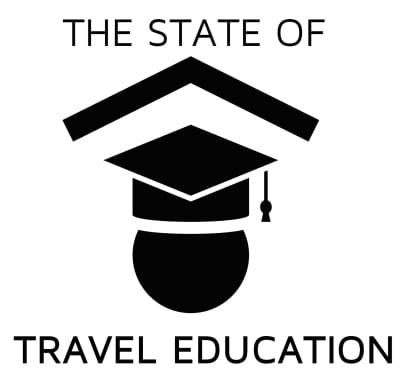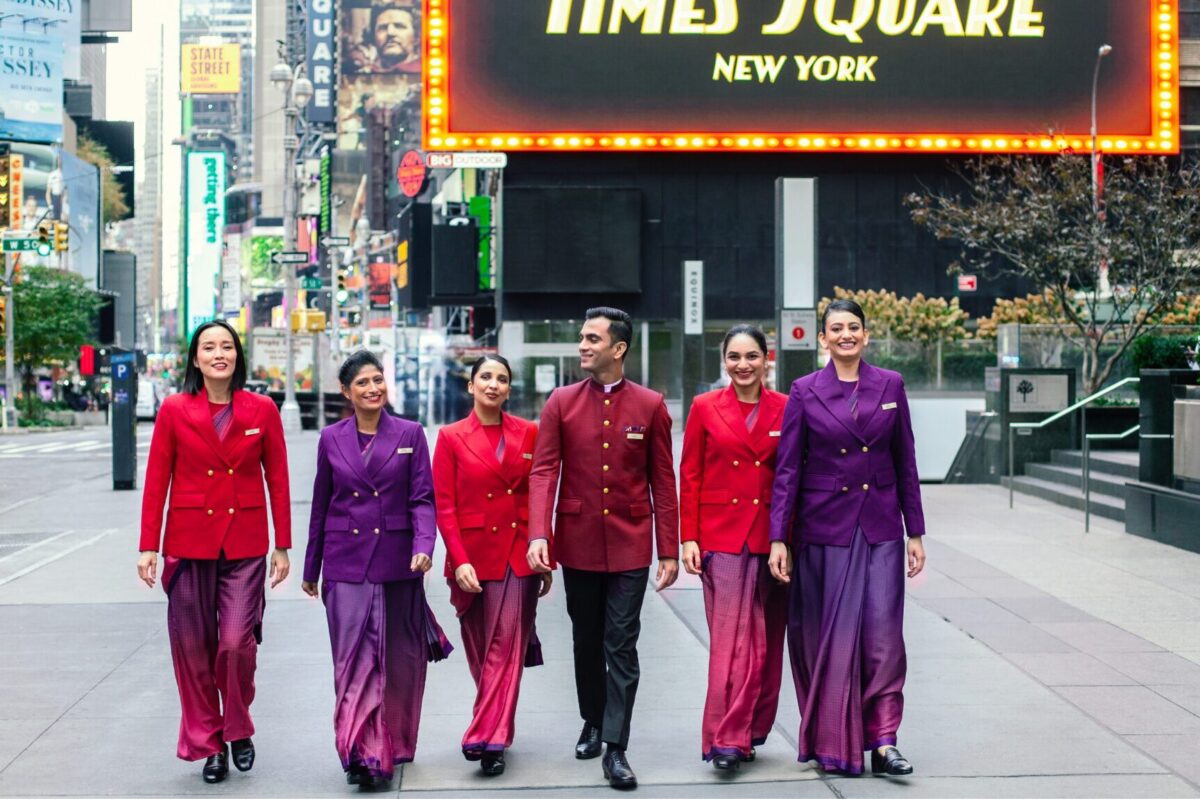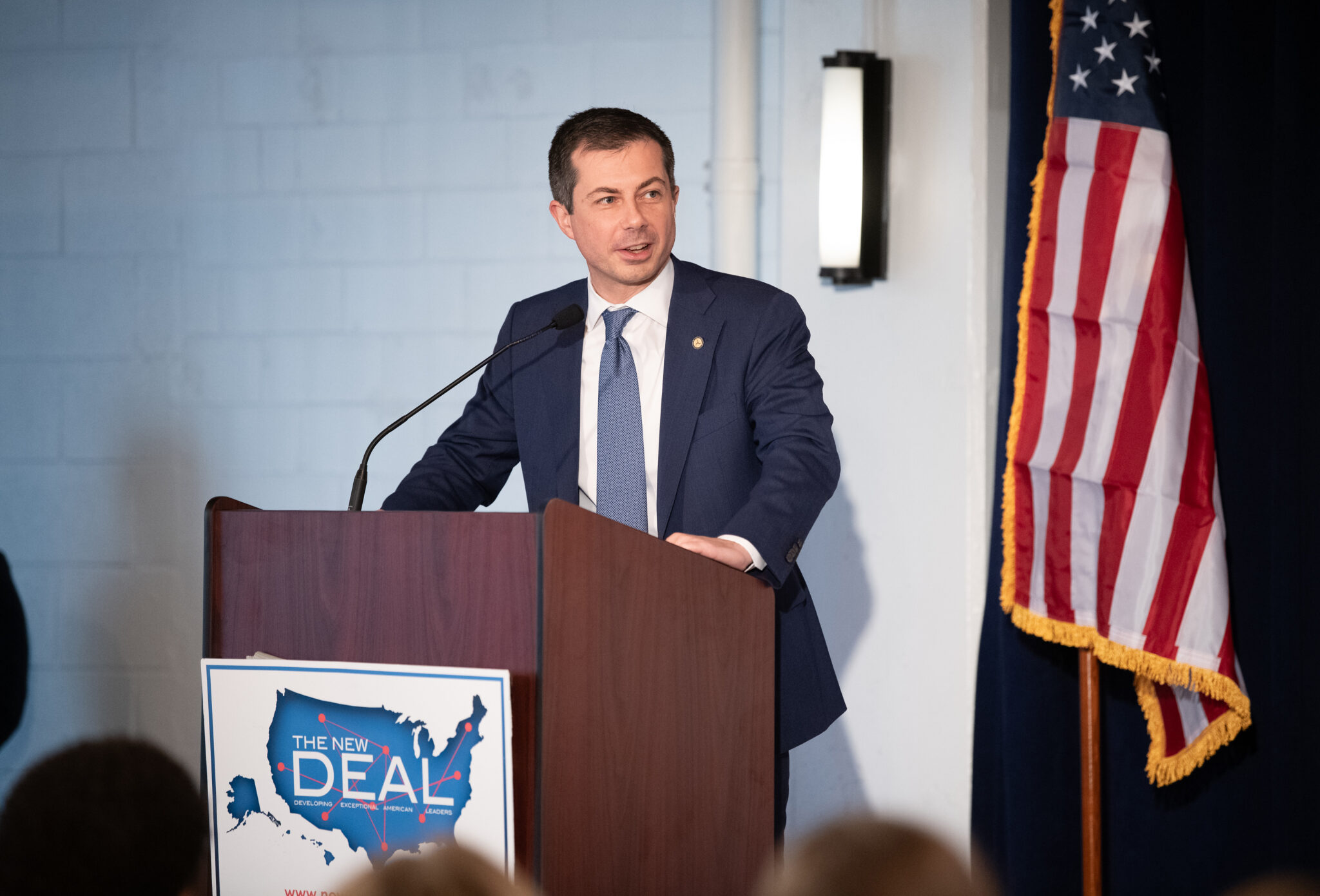The Skills Hoteliers Want In Employees to Make Guest Experiences Better

Skift Take
Editor’s Note: This is the final story in our State of Travel Education series, where we look at how schools prepare the next generation of travel industry employees to handle 21st century challenges and what kind of talent employers want. Read our previous travel education stories here.
Coming home means reentering a place where familiarity reigns, people understand how you’re feeling and what you’re thinking. On the other hand, returning to a hotel room after a long day of business meetings or touring doesn’t always stir the same empathy.
Many hotel general managers’ wish lists of what skills and backgrounds they’d like employees to have reflect this coming-home theme. Fancy degrees or tech skills aren’t all-important, although managers increasingly seek the latter in hospitality.
Instead, general managers want employees to focus on skills they learned as children: listening, looking at people when speaking to them and exuding a caring attitude. Hilton Worldwide CEO Christopher Nassetta told Skift for our Future of Guest Experience series that “basic life skills” are some of the biggest things young people need to begin a hotel career.
Hyatt is another brand that understands discovering what a guest wants and needs requires knowing how its employees think and providing them with proper training to analyze things such as guests’ body language and moods.
“Typically when we’re [recruiting on college campuses], we tend to be focused on [emphasizing the importance of hospitality education], but in reality so many people who work in hotels don’t study hospitality,” said Nikki Massey, director of talent management at Hyatt. “[A hotel] is supposed to be your home away from home, and employees are their family away from home. You’re talking to people about their problems and the things going on in their lives.”
Massey also says psychology backgrounds would help employees gain better insight into how guests think and how to engage with guests in a way that makes their stays exactly what they want them to be.
“We try empathic interviews and empathetic listening, really getting into how employees feel about a particular situation so that we can help them help guests and make their stays better,” said Massey.
Along this vein, Skift spoke to four hoteliers, asking for their thoughts on what skills they’d like young job applicants to have. There was some disagreement about the importance of social media skills and how much experience is necessary, though opinions converged around the importance of role-playing guest scenarios with employees. Their responses follow:
Skift: What aspect(s) of the guest experience do you think could be improved or enhanced if more hotel staff had some knowledge or training in psychology and how guests think?
Alex Attia, general manager of The Charles Hotel in Cambridge, Massachusetts: If we only took 10 seconds to study the body language of the person approaching the desk, we could predict (maybe 80% of the time) what kind of day they had. What kind of flight. So at that point we should have a sense of how chatty they will be. So in our training we try not to be too scripted.
Dellesa Kirk-Johnson, director of human resources of Wyndham Grand Jupiter at Harbourside Place in Jupiter, Florida: So much can be learned by straightforward communication. Learning to ask for feedback and then to act on that feedback does not necessarily require psychology training.
Henry Kallan, president of the Library Hotel Collection: There is an emotional intelligence that you can develop by really listening to people, feeling their pain, and removing your ego from the equation with an open willingness to help them solve their problem.
Sometimes it is not a problem, and what the guest(s) need is staff who can share in their excitement for the travel experience they are having. One thing I have learned is if you want to show someone you care about them, listen to them. Most people listen with an intent to respond, instead of listening with an intent to understand.
Skift: What are some other skills/qualifications/backgrounds you would like to see young people come through the door with via job applications?
Attia: For most of the positions in our industry, general human interactions are what we look for, guest service experience (retail, banking, etc.), someone who went to public schools, traveled a bit with family or alone.
Kallen: When looking for staff for our existing hotels, ‘experience’ is not essential. With the unique culture at our hotels, we look for people with the right attitude and with the desire to prove themselves and grow within the company.
The one thing I would recommend to all young people is to refine their writing and communications skills. Many people come in who do not know how to compose a proper sentence. In a service industry, clear, engaging, persuasive communication is vital, yet the ability to write well is becoming a rare talent.
Kirk-Johnson: Do they make eye contact, initiate conversation, exude confidence and approachability? Observing someone for even a few minutes can tell you quite a bit about their true personalities. We can teach someone to run the front desk, but service comes from the heart. You have to mean it.
Dawid Koegelenberg, general manager of Paresa Resorts in Phuket, Thailand: More practical experience and for a longer period. I don’t grant any interviews to candidates who only worked in some positions for only a few months. More language skills are a definite plus too.
Skift: What kinds of new skills and backgrounds do you notice young professionals coming to you with, besides a better understanding of things like tech?
Kallan: Although English is more and more the universal language, it is great to see people coming to us with multiple languages.
Skift: What training do you provide for employees in terms of giving them directions and strategies for how to anticipate what guests want and need and how they think?
Attia: They come to us with too much focus on technology. We try to bring them back to the human connection, look at me in the eye when we talk, stop communicating with the computer in front of you and use the information available to you to guide the interaction.
Koegelenberg: We offer daily on the job training sessions and “role-play” is a very important key aspect of our training regime. “Emotional hospitality” is something we can all learn from and what we teach our staff is to put themselves into guests’ shoes and see if they will be happy with the service they receive.
Skift: Do you think it’s easier to get inside a guest’s head now via social media, or has that made it more difficult as there are so many new avenues to keep up with to find out what guests want?
Attia: Social media made it very difficult to communicate with guests. Too many options out there, they want to find you when they look for you and they don’t want to be bombarded with your messages. So we need to focus on ways to reach our customer and not [casting] a wide range net and hoping for the best.
Kallen: We use a tool called ReviewPro so it is easy for us to monitor all the reviews about our hotels and social media has been the best thing that ever happened to the Library Hotel Collection.





